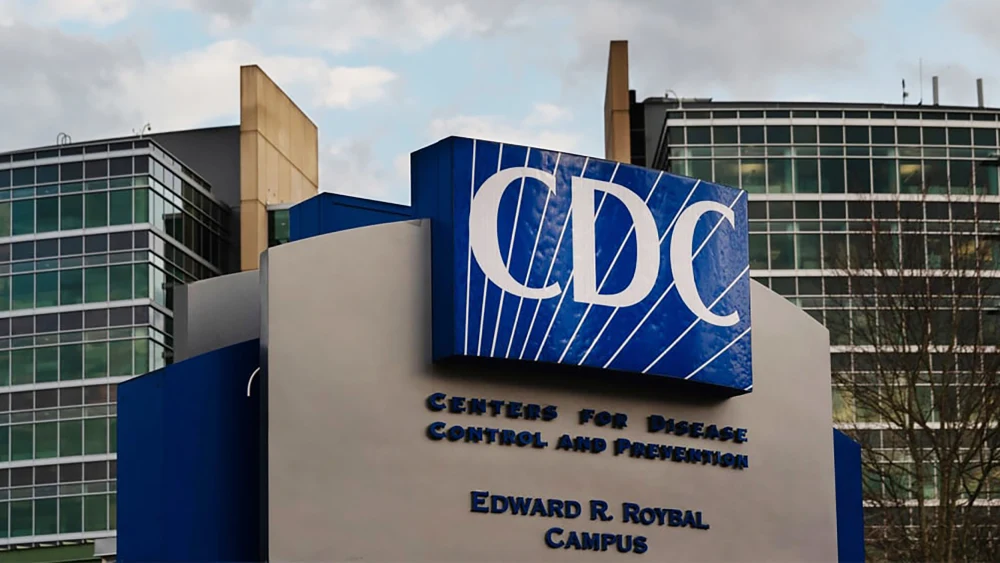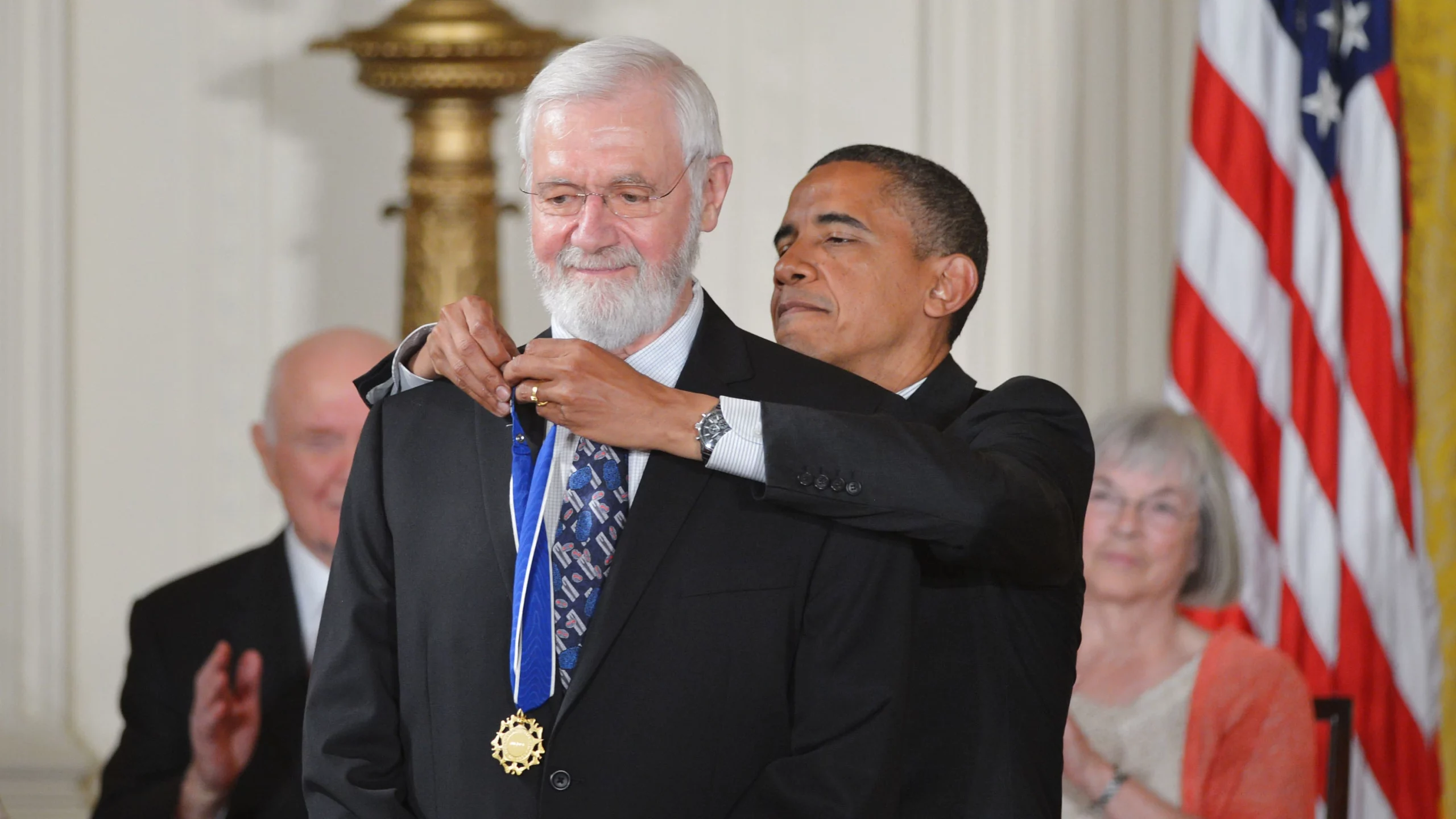WASHINGTON — Democratic and Republican lawmakers found common ground with one another at an oversight committee hearing Tuesday, blaming executives from three major pharmacy middlemen groups for the sky-high prescription drug prices in the U.S.
The House Committee on Oversight and Accountability heard testimony from the leaders of three pharmacy benefit managers, or PBMs, one month after the Federal Trade Commission released a scathing report that accused the groups of racking up massive profits by steering patients and employers toward higher-priced drugs.
Prescription drug prices in the U.S. are a major concern for many people.
A report from KFF, a nonprofit group that researches health policy issues, found about one-third of people say they are unable to take the medication they need because of the high cost.
Rep. Kweisi Mfume, D-Md., said he has heard from constituents that they’ve had to skip, delay or go without their necessary drugs because of the price.
PBMs, in theory, are supposed to save patients money. They work with insurance companies to negotiate discounted prices from drug companies in exchange for including the drugs in their coverage.
However, three PBMs — CVS Caremark, Cigna’s Express Scripts and UnitedHealth Group’s OptumRx — make up about 80% of the U.S. market, giving them enormous influence over what drugs patients can get covered and what they cost. And all three companies are tied to major health insurance providers.
“On one hand we have PBMs claiming to reduce prescription drug prices, and on the other hand we have the Federal Trade Commission, we have major media outlets like The New York Times and we have at least eight different attorneys generals, Democrats and Republicans, who all say PBMs are inflating drug costs,” said Rep. Raja Krishnamoorthi, D-Ill.
The committee launched an investigation, which continues, into PBMs’ role in the rise in health care costs in March. It also comes as states — most recently Vermont — sue PBMs, alleging they drive up drug costs.
In his opening statement, committee Chair James Comer, R-Ky., cited a report from the committee, published ahead of the meeting, that found 300 examples of the three PBMs’ preferring medications that cost at least $500 more per claim than the alternative medications they excluded in their formularies. One example was Suboxone, a combination medication for opioid use disorder, which Comer said is being “charged at 600 unique prices by just one of your companies.”
“You’re the problem,” Comer told the executives. “Not only are you prioritizing higher-cost medications; you’re setting radically different prices for medications across the country.”
“This is why just about every state now is taking up PBM reform,” he added. “There’s a credibility issue.”
Dr. Patrick Conway, CEO of OptumRx, countered, saying that PBMs play a “critical role” in the U.S. health care system, lowering costs for both patients and employers.
Conway said OptumRx delivered more than $2,000 in average savings per person each year. A broader analysis, he added, found the PBMs saved the health care system about $145 billion annually, and surveys found that 97% of employers said they were “satisfied” with the services PBMs offer.
Drug manufacturers — not PBMs — should shoulder the blame for the rising costs patients pay, said Adam Kautzner, president of Express Scripts.
Drugmakers raised prices on 60% of brand-name drugs last year, Kautzner said, adding that Express Scripts saved its members about $64 billion that year. “It’s hard work to keep those costs down on patients and clients,” he said.
PBMs also don’t pocket rebates or discounts, instead passing almost all of them back to their members, said David Joyner, president of CVS Caremark.
“We pass over 99% of rebates and administrative fees, and in Medicare we pass 100% back,” he said.
The committee members, however, refused to accept the executives’ arguments, pointing to media articles about PBM practices and investigations from the FTC and the House committee. They also accused the executives of not being transparent and refusing to answer questions.
By the end of the hearing, Comer said he was left “disappointed.”
“You have all claimed to be transparent,” he said. “You have refused to answer questions from both sides of the aisle.”
Rep. Jamie Raskin, D-Md., the ranking member of the committee, summed up a lot of the frustration: “I feel like the more I hear, the less I understand.”




